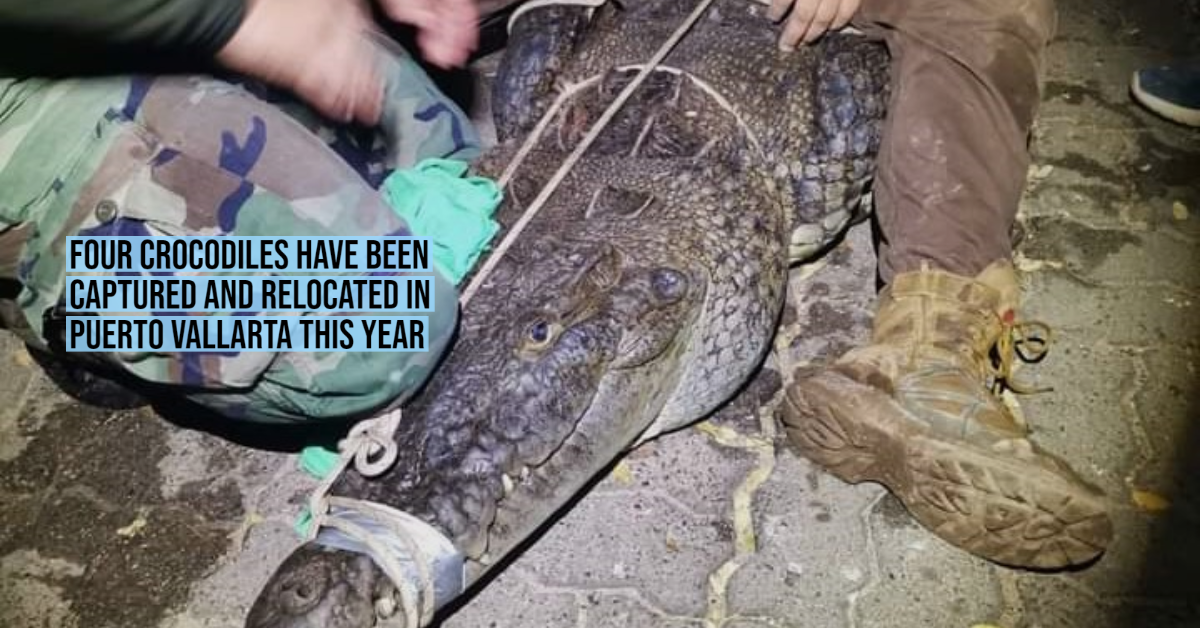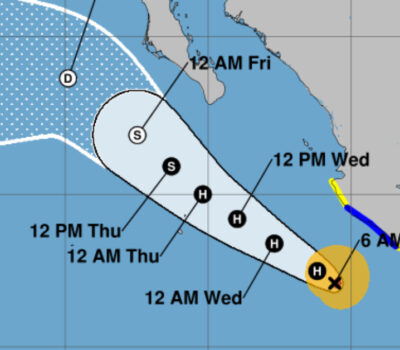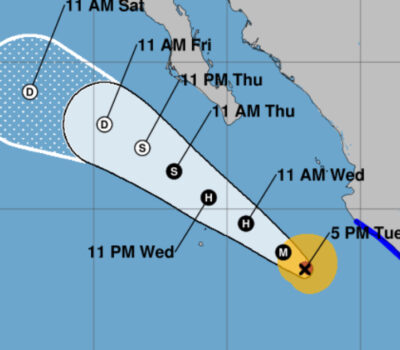When the Subdirectorate for the Environment receives citizen reports on the sighting of a crocodile specimen outside its habitat, a Human-Crocodile Contingency Attention Protocol is implemented by the agency, which allows the animal to be cared for, captured, and relocated to an optimal natural area for their safety and that of people.
The head of the Environment in Puerto Vallarta, Ricardo Cerezo Ortiz, announced that so far this year, and with the support of other municipal authorities, four crocodiles have been captured and relocated to other areas, highlighting that some of them return to the places where they were already captured, because “being territorial animals they return to the area where they hunt the most, no matter how much we relocate them they return, there are also people who feed them, it becomes a problem because they come back.”
He cited as an example the crocodile captured on February 16, 2022, in Los Tules, which returned very quickly because it had been captured and relocated in March 2021, “it took less than a year to return to the area, it was captured again and he was released following all the protocols established by law.”
The official took the opportunity to issue the necessary recommendations to residents and visitors, in case of sighting a crocodile far from their habitat areas, remember that it is not an attraction, so they must act responsibly so as not to put themselves at risk, or harm the animal.
For this reason, the first thing that should be done is to keep at least 10 meters away and report it to 911. They should not be fed, nor should stones or objects be thrown at them that could hurt or irritate them, as they can become aggressive and can react quickly. It is also recommended to avoid going at night to areas where there are runoffs, swampy areas, the mouths of rivers, and their veins, which are their main hunting ground, in addition to remembering that they can spend the night in golf course lagoons.
The Subdirectorate for the Environment also handles reports of turtles and wild animals that are channeled to the Federal Office for Environmental Protection (PROFEPA), whose staff protects them and takes charge of their management in accordance with the law.
When the Subdirectorate for the Environment receives citizen reports on the sighting of a crocodile specimen outside its habitat, a Human-Crocodile Contingency Attention . . .












